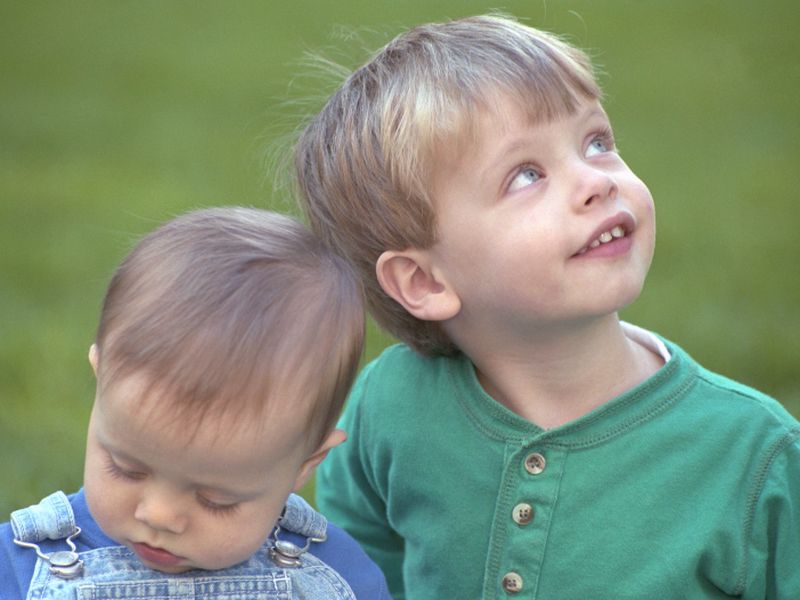By Dennis Thompson
HealthDay Reporter

MONDAY, Dec. 10, 2018 (HealthDay News) -- Autism and attention-deficit/hyperactivity disorder (ADHD) are so closely linked that they not only run in families, but each increases the risk of the other in future siblings, a new study finds.
Younger siblings of children with autism have a 30-fold increased relative risk they'll be diagnosed with autism themselves. They're also nearly four times as likely to be diagnosed with ADHD, researchers reported.
The reverse also holds, if not as strongly. Later-born siblings of children with ADHD have 13 times increased odds of being diagnosed with ADHD and are more than four times as likely to be diagnosed with an autism spectrum disorder (ASD), the findings showed.
"This really provides support for the idea that there are shared familial -- probably genetic -- mechanisms that underlie these two conditions and link them together," said lead researcher Meghan Miller.
However, the overall risk of a younger sibling being diagnosed with either condition remains low, added Miller. She is an assistant professor and licensed clinical psychologist with the University of California-Davis MIND Institute, in Sacramento.
"Most of these younger siblings did not develop either of these diagnoses," Miller said. "Although the odds are increased, most of the younger siblings do not end up with autism or ADHD."
Prior research has shown that both autism and ADHD run in families, and experts have suspected that either one might increase the risk of the other within a family, the study authors said.
To investigate this further, Miller and her colleagues classified almost 15,200 children based on whether an older sibling had been diagnosed with autism or ADHD. The pool included 730 kids who had an older sibling with ADHD, 158 who had an older sibling with autism, and almost 14,300 with no diagnoses in their immediate family.
The investigators then tracked the children to see whether they developed either neurodevelopmental disorder.
In younger siblings of children with autism, about 12 percent also developed autism and about 3.8 percent developed ADHD, Miller said.
For younger siblings of kids with ADHD, about 12 percent developed ADHD and 1.9 percent developed autism.
Dr. Andrew Adesman is chief of developmental and behavioral pediatrics with Cohen Children's Medical Center in New Hyde Park, N.Y. He said, "Simply put, these results suggest that families that have a child with either ADHD or ASD are at increased risk of having a child with one or the other condition."
Parents and pediatricians need to track a wider range of symptoms in the younger brothers and sisters of a child diagnosed with either ADHD and autism, Miller and Adesman said.
"We should broaden what we're monitoring for. Not only should we be monitoring for symptoms of autism in the younger siblings of children with autism, but we also should be monitoring for attention problems or self-regulation problems as well, and vice-versa," Miller said.
The findings were published online Dec. 10 in JAMA Pediatrics.
More information
The U.S. Centers for Disease Control and Prevention has more about autism.
Back

The news stories provided in Health News and our Health-E News Newsletter are a service of the nationally syndicated HealthDay® news and information company. Stories refer to national trends and breaking health news, and are not necessarily indicative of or always supported by our facility and providers. This information is provided for informational and educational purposes only, and is not intended to be a substitute for medical advice, diagnosis, or treatment.






